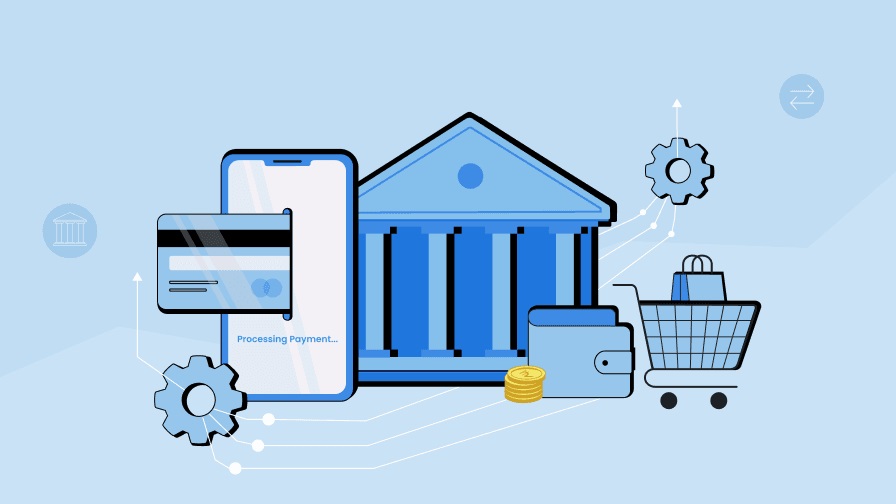What is the DAX 40 index? — and how to trade it?
What is the DAX 40 index? Is an index of blue chip companies in Germany. These are the largest German companies that are listed on the Frankfurt Stock Exchange. The full version of the DAX is the Deutscher Aktien Index 40, introduced with a base value of 1,000 in 1988. The DAX originally included Germany’s 30 largest companies, but as of September 20, 2021, 10 more were added to it, making it the DAX 40. The UK 100 index live may also be interesting from this point of view. It is important to understand that no German companies will be on the list of UK 100 index companies.
How is the DAX Index calculated?
The DAX Index is based on the financial performance of companies — it includes company dividends, revenues and other indicators included in the net share price. The index indicates the overall strength of the market. Analogs are the Dow Jones Industrial Average in the United States or the Nikkei 225 in Japan.
Traders can get a sense of whether the overall health of the German stock market is improving or deteriorating by watching the performance of the DAX index. More stock market news can be found at letizo.com.
Who are the DAX index companies?
The DAX index companies are some of the world’s best-known brands. These include Volkswagen, Adidas, Siemens, and many others. The German index consists of companies with a minimum free float (10%), with a legal or operational base in Germany and strict transparency requirements for all business processes.
The companies in the index must submit regular financial documents and keep all accounting reports in good quality.
DAX Index: advantages for the trader
The DAX 40 is based on a free float methodology, it takes into account readily available stocks and does not consider securities that are not traded at the moment for whatever reason.
- The DAX is an index averaged by market value, so issuers whose market value is higher have a more noticeable impact on the bottom line.
- The DAX does not allow any individual company to account for more than 10% of its value.
What influences the price of the DAX 40?
There are both internal and external factors here. It is important to keep in mind that Germany is a major exporter of goods around the world.
Exchange rates
One of the strong external factors affecting the DAX index is the euro exchange rate. There is often a negative correlation between the DAX and the euro: one goes up, the other goes down. This is mainly due to international trade.
A cheap euro is good for Germany. German goods become more available to customers in other countries, resulting in higher corporate profits.
Individual company performance
As with all indices weighted by market capitalization, larger corporations can change the overall index. While a 10% drop in one of the smaller companies may not have much impact, a company occupying 6% of the index will certainly have a more powerful value in the overall calculation.
Socio-political events
Sociological and political events can affect the DAX just like any other index. The DAX will consider issues directly affecting Germany, although of course these could also be more global events.
For example, the outbreak of war in Ukraine had an overall negative impact on the index, as risk appetite just collapsed around the world. Additional energy problems have also added to the problems of the German economy, as Germany is very dependent on Russian natural gas.
Another example is the victory of a political party in elections. If the party takes a more commercial (and less popular) stance, this could be a trigger for a surge in corporate stocks.
The DAX 40: Why it’s worth trading
Trading the DAX is the choice of many investors and short-term players. The choice is due to the dynamism and strength of the German economy, which, despite all the current difficulties, continues to be one of the strongest in the world. Germany is home to some of the largest companies in the world.
- Trading the DAX means trading the overall health/weakness of the German economy. And it also means trading on the DAX reduces the risk of owning a single stock.
- The DAX is one of the most actively traded (liquid) indices in the world. Because of this it is easy to buy or sell positions.
- Trading the index through the instrument CFD greatly simplifies the process. You do not need to own the underlying asset. You can open long and short positions in a technically simplified mode.
- Trading on the DAX allows traders to insure against losses in long-term positions.
Is the DAX the Right Time to Trade?
The DAX is one of the most popular and liquid indices. It is highly correlated with various fundamentals that can be comfortably checked. By opening an account with AMarkets, you will get access to the terminal and the convenient functionality of your personal account.
What correlates with the DAX?
The most notable correlation of the DAX is with the euro. It is usually a negative correlation, as a cheaper euro allows for more export potential because goods are cheaper outside the EU.








